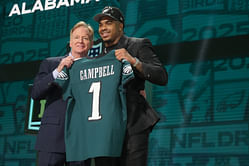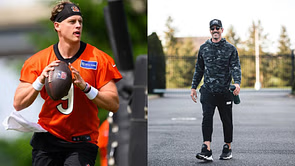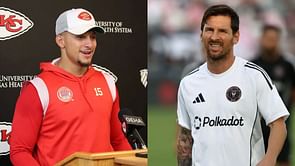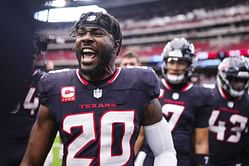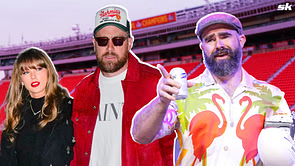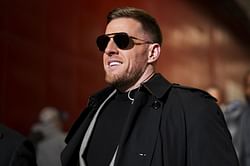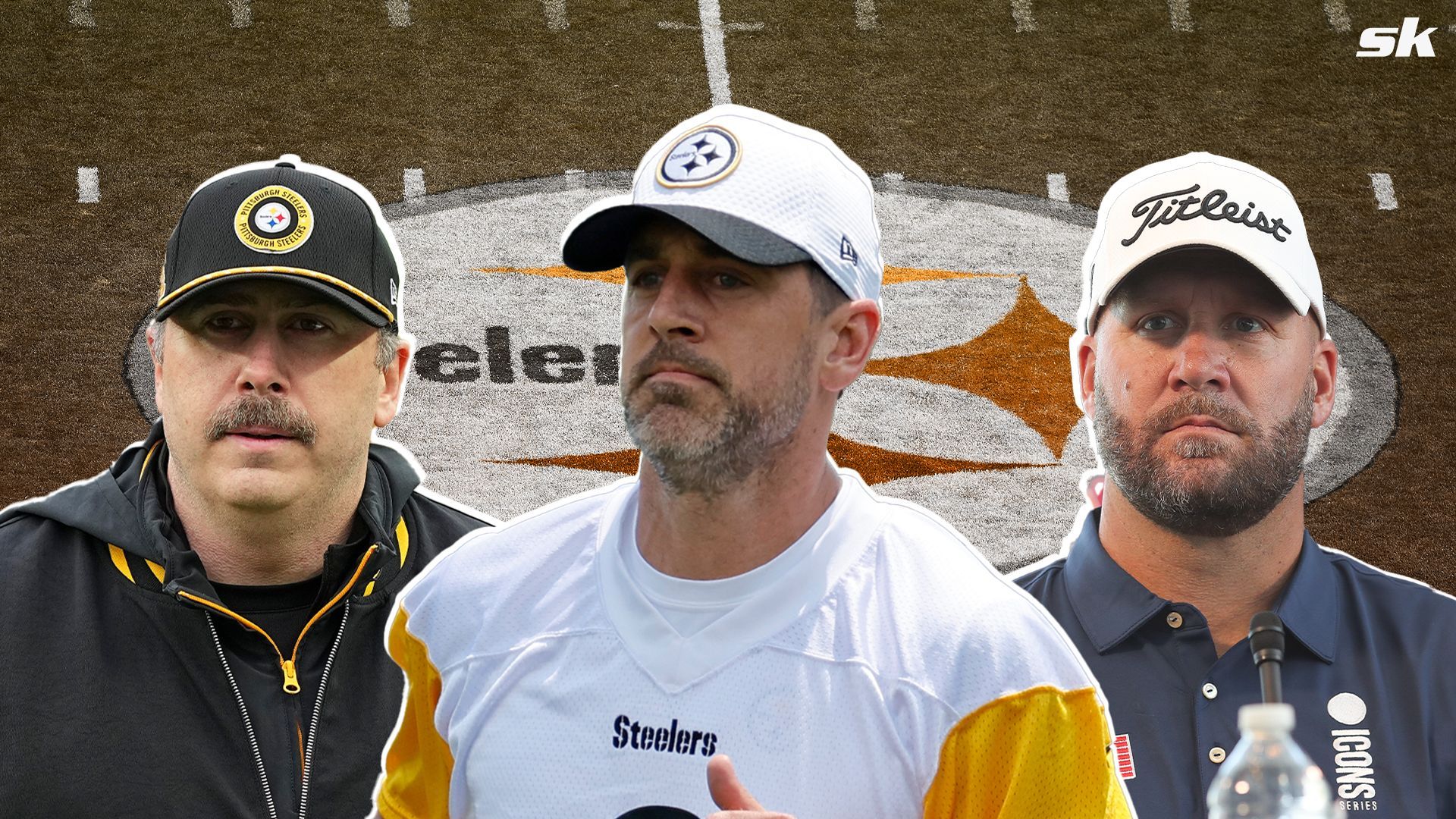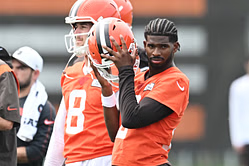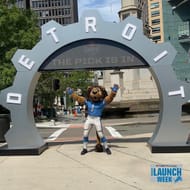
Mascots in sports, especially American sports, have a lot of value attached to them. Even though it is evident that their sole purpose on the field or in the background is to help promote their respective team, their roles actually go much deeper than that. Interacting with the fans in an entertaining way is such a great step in raising awareness with respect to everything going on within the club.
Not all mascots are the same, however, as teams may opt to use costumed characters, a logo, live animals or even inanimate objects. Therefore, depending on the mascot used by the team, they will be used in different ways to basically communicate similar things.
While sports are credited for starting the mascot universe in general, nowadays they can be seen in other domains as well. In the beginning, teams mostly used a live animal as a mascot, but over time gradually they evolved into logos and more commonly the costumed person inside which we all love today.
What is the Detroit Lions’ mascot
The Detroit Lions franchise as the name suggests has a lion-costumed mascot. He goes by the name of Roary. Most of the time you can easily spot him on the sidelines cheering on the Lions during the game. But that’s not all that he does.
In fact, Roary, like many other mascots of sports teams, probably spends much more time off the field than on it. Even when he is away from the game, he ensures to bring smiles to the faces of each individual he meets. Some of his off field duties include helping serve food to the needy, educating children with good values, training, exercises, etc. Roary spends a good amount of time teaching kids the importance of staying healthy and active.
Why is Detroit’s mascot a Lion?
Back in 1934, a radio executive by the name of George A. Richards purchased the then-Portsmouth Spartans and relocated the team to the city of Detroit. After relocating he wanted to give the franchise a new name and so he named the team Detroit Lions.
The thought behind this naming was that Richards wanted to make a team that was the ‘King of the NFL’ just as the lion is the ‘King of the Jungle’. In addition to that, the city of Detroit already had a baseball team by the name of Detroit Tigers, and therefore Richards wanted his NFL franchise to fit in with them.
And, thus, when it came time to name a mascot, Roary the Lion was the perfect solution as he would represent the franchise fittingly.
Roary Lion’s bio
Roary, the Lions’ mascot, celebrates his birthday annually on September 20th but is shy from telling his exact age. His home is Ford Field in Detroit where the Lions play their home games. Roary is known to be somewhat of a daredevil performing stunts every now and then. He likes adventure and his dream job apart from being the Lions’ mascot is to become the King of the Jungle.
Some of Roary’s personal favorites are as below:
Favorite movie - The Lion King
Favorite color - Honolulu Blue, Silver, and Black
Favorite song - "Gridiron Heroes" (the Lions Fight Song)
Favorite TV channels - Animal Planet and Discovery Channel
Favorite book -The Lion, the Witch, and the Wardrobe
Roary is one of the more popular mascots in the league and he has been a part of the Pro Bowl on three occasions including 2013, 2017, and 2019. With a new look for the Detroit Lions team in the 2023 season, Roary should have a lot of reasons to smile and entertain the crowd at Ford Field.
FAQs
A. The Detroit Lions’ mascot is named Roary. He is an anthropomorphic lion mascot who can be seen cheering on the Lions from the sidelines.
A. The Detroit Lions mascot is an anthropomorphic lion. He wears the Lions’ blue jersey and silver pants uniform.
A. The Detroit Lions were initially known as the Portsmouth Spartans. When their owner decided to relocate the team to Detroit, he wanted to name them the Lions as he wanted to build the ‘King of the NFL’ team just like the ‘King of the Jungle’. Taking inspiration from this, Richards chose the Detroit Lions name.
A. The Detroit Lions head coach Dan Campbell pitched the idea of using a real lion as the mascot of the team. While the Lions’ owner was on board with the idea, the NFL refused to allow it.
